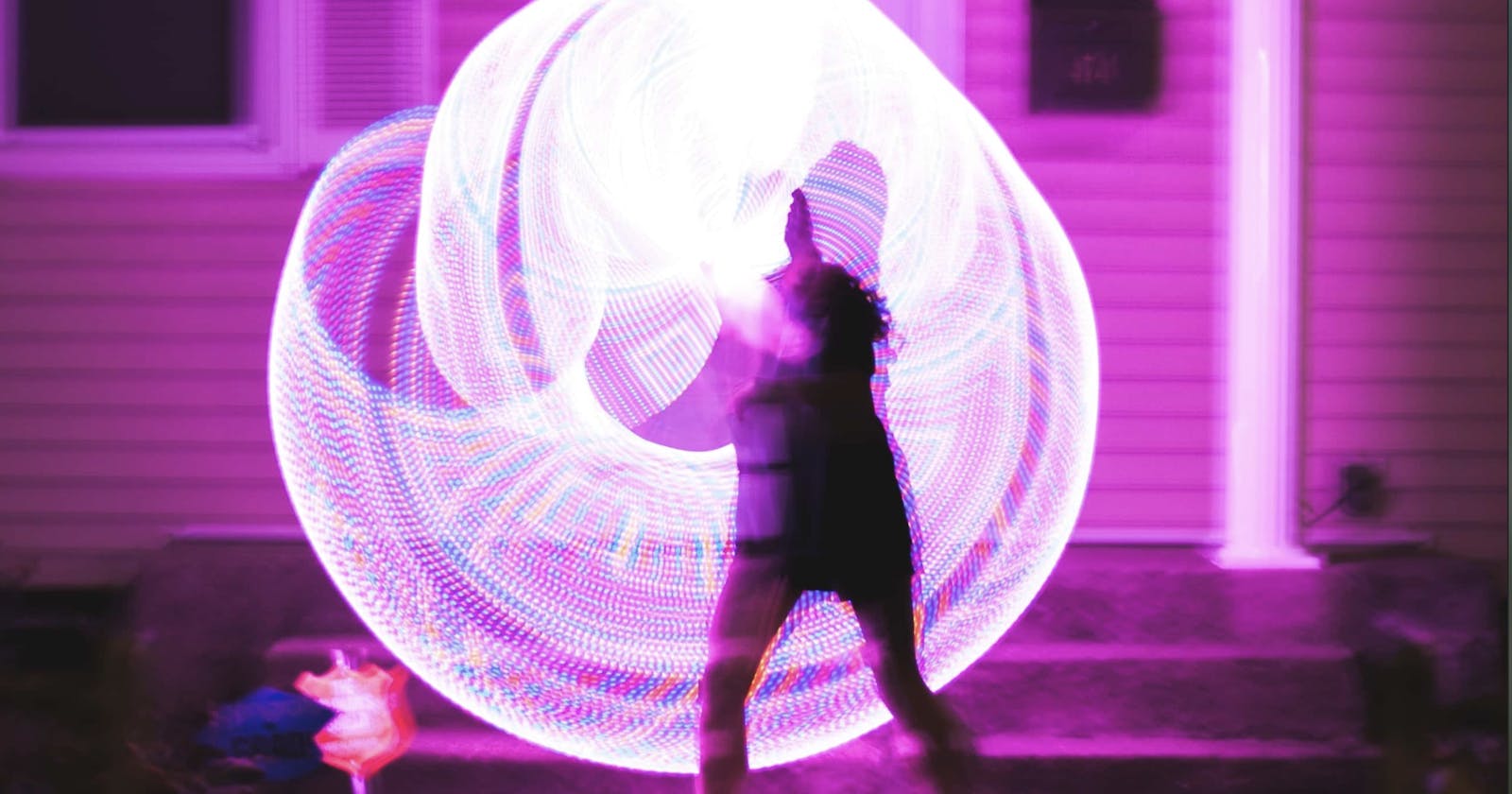One of the strongest trends in the tech world is working remotely. It introduced great opportunities to work for your desired company that, in many cases, was only hired locally before the pandemic.
If you’re now preparing for a coding interview, you might also want to check Coding interviews: great tools and useful tips to make smarter choices
What’s changed?
From an interview preparation standpoint, you want to be aware that it impacted many companies' hiring processes. A standard HR process can’t work anymore since it has to be done online, mostly through video conferencing. That means:
- There’s less “human touch” in the process
- The process can be much faster since scheduling has fewer constraints when people work from home
- Location matters less than ever before
What does COVID-19 have to do with coding interviews?
Some of the changes I mentioned above can definitely work in your favor!
No pre-interview small talks (well… not exactly)
It’s not a secret that HR specialists often start testing candidates from when they arrived at the office. There’s a lot of things you can learn about a person from how he or she communicates with the receptionist or with the office manager. Other scenarios used to be quite common, like going with your interviewer to prepare a coffee cup before starting the meeting. All of these can’t happen anymore.
Given those circumstances, you can have much better control over your first impression. You know exactly when the meeting starts, and you can be ready. However, the thing you really need to be aware of is that the interviewers also get more sophisticated. It’s not rare that instead of starting from the coding interview itself, the interviewer would try to start a small talk.
In some cases, it can come in the interviewer's form, starting with sharing something personal about him or her. It can be something nice or funny about their home or family. They do it on purpose, not only to break the ice. They do it to see if you get the signal that they want small talk. It can be a test of your emotional intelligence. So be aware ;)
You’re probably going to be stressed, but it’s fine
That’s natural. However, it is much more difficult to spot it when using video conferencing (usually, the interviewer can’t see the movement of your hands, micro-expressions, and your sitting posture). It can definitely work for your benefit, so you can actually focus mostly on the professional side.
The fact that your interviewer won’t have the full image will give you a better chance of emphasizing your professional strengths.
Eye contact is tricky
When doing a coding interview online, you have to juggle sometimes between solving a challenge and answering a question. Once everything is done by video, it makes things complicated. Keep in mind that when you talk with the interviewer, you want to keep eye contact as much as possible (even though in real life, it means looking at the camera rather than their eyes).
General advice for video interviews for programmers
Here’s a good checklist with some points worth keeping in mind:
- Keep the background neutral.
- Find a good camera angle.
- Use a high-quality microphone.
- Look professional.
- Don't do anything else while interviewing.
- Do your research.
- Hold a mock interview. Here a resource that I really love, which is a Comprehensive Guide to Video Interviews for Programmers
Wrap up
- Don’t miss the signal for small talk. That can be the difference between a good and great interview.
- Doing interviews by video works to your advantage. Make sure it counts.
- Keep eye contact whenever you can. It has a profound effect on the interview result.
daily.dev is the easiest way to stay updated on the latest programming news. It's a feed of articles that's ranked by a community of +60,000 developers. Get the best content from the top tech publications on any topic you want. All in one extension.


